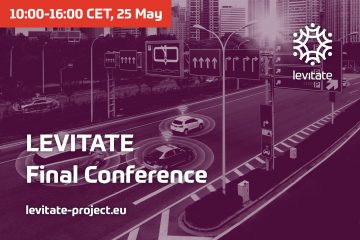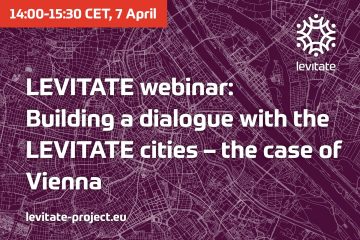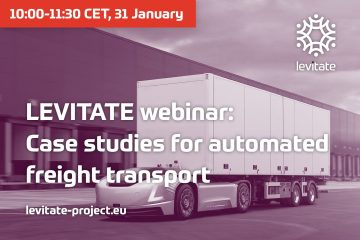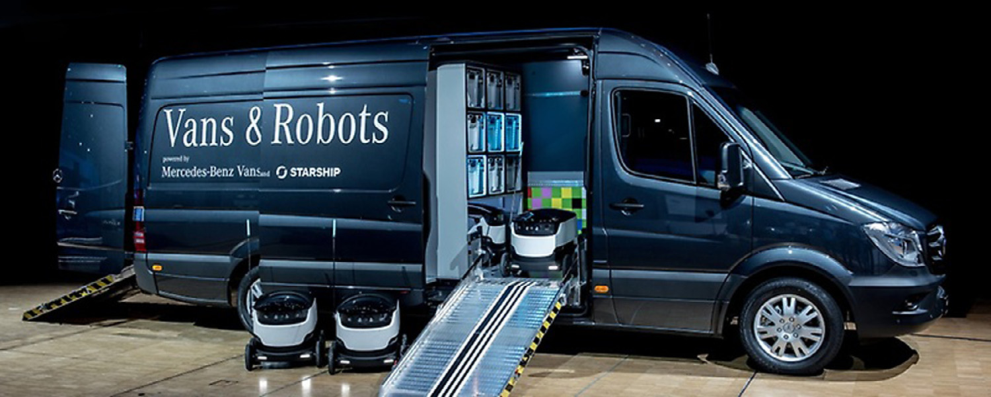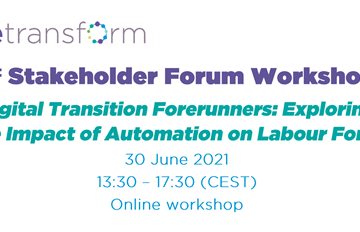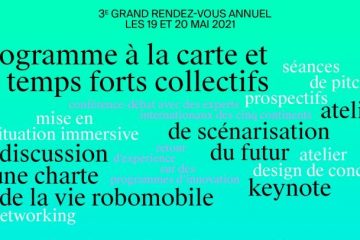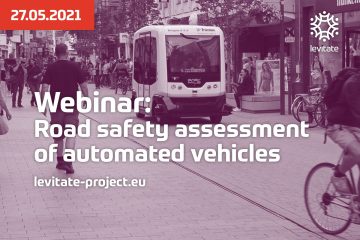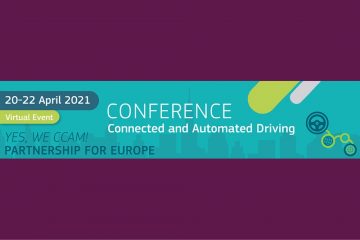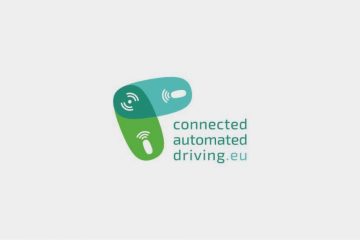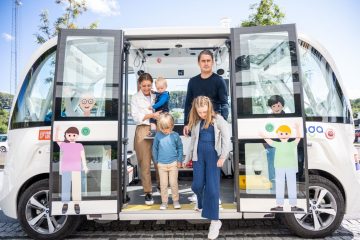 After 3 years of intensive work, the LEVITATE partners are looking forward to sharing the results achieved and the tools developed to assess the potential societal impacts of connected and automated vehicles (CAVs) on the mobility system and wider livability goals, including safety, the environment, the economy and society.
After 3 years of intensive work, the LEVITATE partners are looking forward to sharing the results achieved and the tools developed to assess the potential societal impacts of connected and automated vehicles (CAVs) on the mobility system and wider livability goals, including safety, the environment, the economy and society.
The LEVITATE impact assessment framework has been turned into a user-friendly and interactive online tool, called the policy support tool (PST). PST allows users, particularly local authorities, to forecast the potential impacts of increasing levels of vehicle automation and penetration, as well as to calculate the effects of implementing policy interventions such as road pricing, the removal of on-street parking or implementing an automated vehicle dedicated lane.
Participants will learn about many areas of the project, such as:
- which impact areas have been selected and why
- the assumptions behind the expected impacts
- the range of methods for gathering input about the expected impacts
- the definition of policy interventions to steer the deployment of automated vehicles
- the expected automated vehicle use cases
- the policy implications of CAVs
There will also be a demonstration of the PST and an opportunity for participants to try out the tool.
Practical information
The final event allows both onsite and remote participation. Attendance in person will be easier for those wishing to try out the PST as partners will be on hand to guide them. The event will follow the latest COVID-19 guidelines of the Belgian and Brussels authorities.
What: LEVITATE Final Conference
When: May 25, 2022 | 10:00 until 16:00 (CET)
Where: Scotland House Conference Centre, located at Rond-Point Schuman 6, 1040 Brussels.
Registration open
We invite you to register here »
In case you cannot attend the final conference in person, we invite you to join the event online by indicating this in your registration form.
PRELIMINARY AGENDA
9.30: Registration and welcome coffee/tea
OPENING
10:00 – Welcome by Pete Thomas/Andrew Morris, Loughborough University, project coordinator and CINEA (tbc)
10:10 – Brief introduction to LEVITATE, Pete Thomas, Loughborough University
BUILDING BLOCKS
10:20 – The building blocks of the LEVITATE impact assessment framework
- Determining the impacts of most relevance to cities, Rune Elvik TOI
- Developing backcasting: starting from desired visions, Martin Zach, AIT
- Defining the use cases and policy interventions, Bin Hu, AIT
- Predicting the impact of CAVs on road safety, Wendy Weijermars, SWOV
- Conducting a cost-benefit analysis, Knut Hartveit, TOI
11:10 – Refreshments
KEY RESULTS
11:40 – The short, medium and long-term impacts of CAVs, including the expected impacts of policy interventions
- Urban freight, Bin Hu, AIT
- Urban transport, Julia Roussou, NTUA
- Passenger cars, Amna Chaudry, Loughborough university
12:10 – Selected case studies
- Selected case studies
- Automated Ride Sharing, Loughborough University
- The interaction of CAV deployment and road use pricing in Vienna, AIT
POLICY PERSPECTIVE
12:30 – The role of LEVITATE in understanding the policy implications of CAVs
- Introduction, Amna Chaudhry, Loughborough University
- The Vienna perspective, Helmut Augustin, city of Vienna
- The Manchester perspective, Liam Potts, Transport for Greater Manchester
13:00 – Lunch
LEVITATE POLICY SUPPORT TOOL
14:00 – Introduction and demonstration, Apostolos Ziakopoulos, NTUA
14:20 – Hands-on trial of the PST CAV impacts prediction module, facilitated by LEVITATE partners
CLOSING SESSION
15:45 – What’s next for LEVITATE?
15:55 – Closing words
16:00 – Close of Conference


